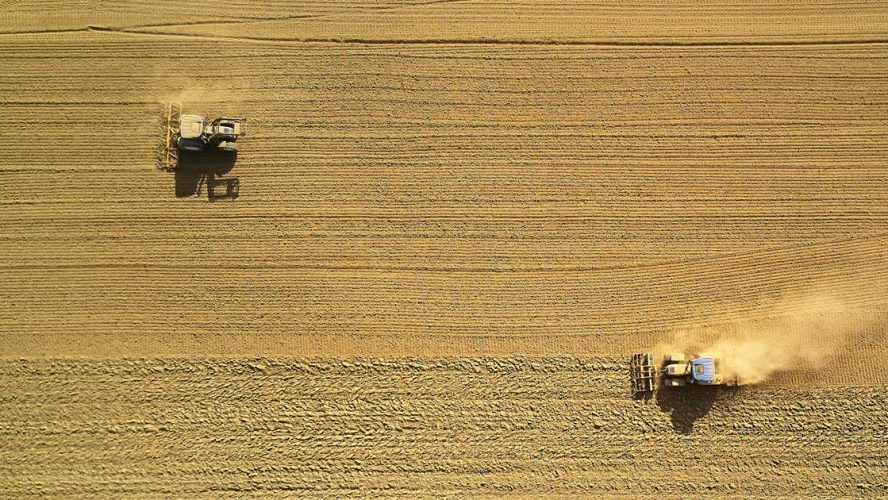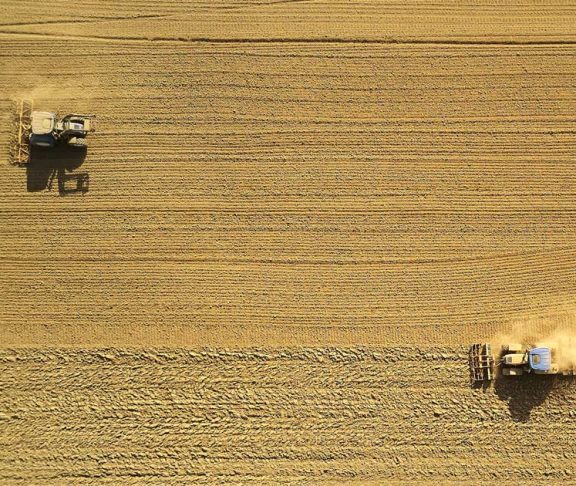A zero-emission future is in sight for the UK’s agricultural sector if we commit to the latest innovations in alternative fuels and connected fuel management solutions.
Concerns around air pollution in agriculture are on the rise. The NFU’s recent announcement that UK farmers should aim to achieve net-zero emissions by 2040 reflects the growing need to minimise agriculture’s environmental impact.
The road to net-zero emissions
Importantly, the announcement offers the industry an opportunity to reassess its traditional reliance on diesel. The journey to clean air is one that we are all on together, yet there is widespread confusion as to how we can begin our transition to a greener future while also ensuring we meet the productivity needs of today.
Europe takes lead with cleaner fuels for cleaner air
Currently, in the UK, there is limited awareness of cleaner-burning, liquid alternatives to diesel. Looking further afield – however – is a different story. Europe leads the way in the development of liquid fuel technologies and infrastructure.
Engineered to limit health and environmental impacts, alternative fuels deliver a number of significant sustainability and in-use benefits. Key characteristics of alternative fuels may include lower emissions of nitrogen oxides, particulate matter, methane, carbon monoxide and carbon dioxide, as well as renewability and biodegradability.
As many are aware, a range of liquid alternative fuel compositions are already widely available, including hydrotreated vegetable oil (HVO), biofuels, compressed natural gas (CNG), liquified natural gas (LNG) and gas-to-liquid (GTL).
Gas-to-liquid fuel won’t impact productivity
Gas-to-liquid fuel (GTL) in particular is likely to play an important role in improving air quality in farming without impacting productivity. As a drop-in fuel that does not require modifications to existing infrastructure or equipment, GTL offers an immediate solution to cut emissions from farming machinery that cannot otherwise be switched to alternative energy sources.
Keeping farmers connected to fuel tanks
Many farms rely on fuel storage solutions to maintain a steady supply of fuel. Yet, over 50% of farmers struggle with fuel monitoring.
With the rise of AgriTech, developments in tank connectivity can improve fuel management efficiencies, including alerts to sudden drops in fuel levels that could indicate theft or spillage, as well as the ability to automate deliveries with a local fuel supplier when supplies run low.

